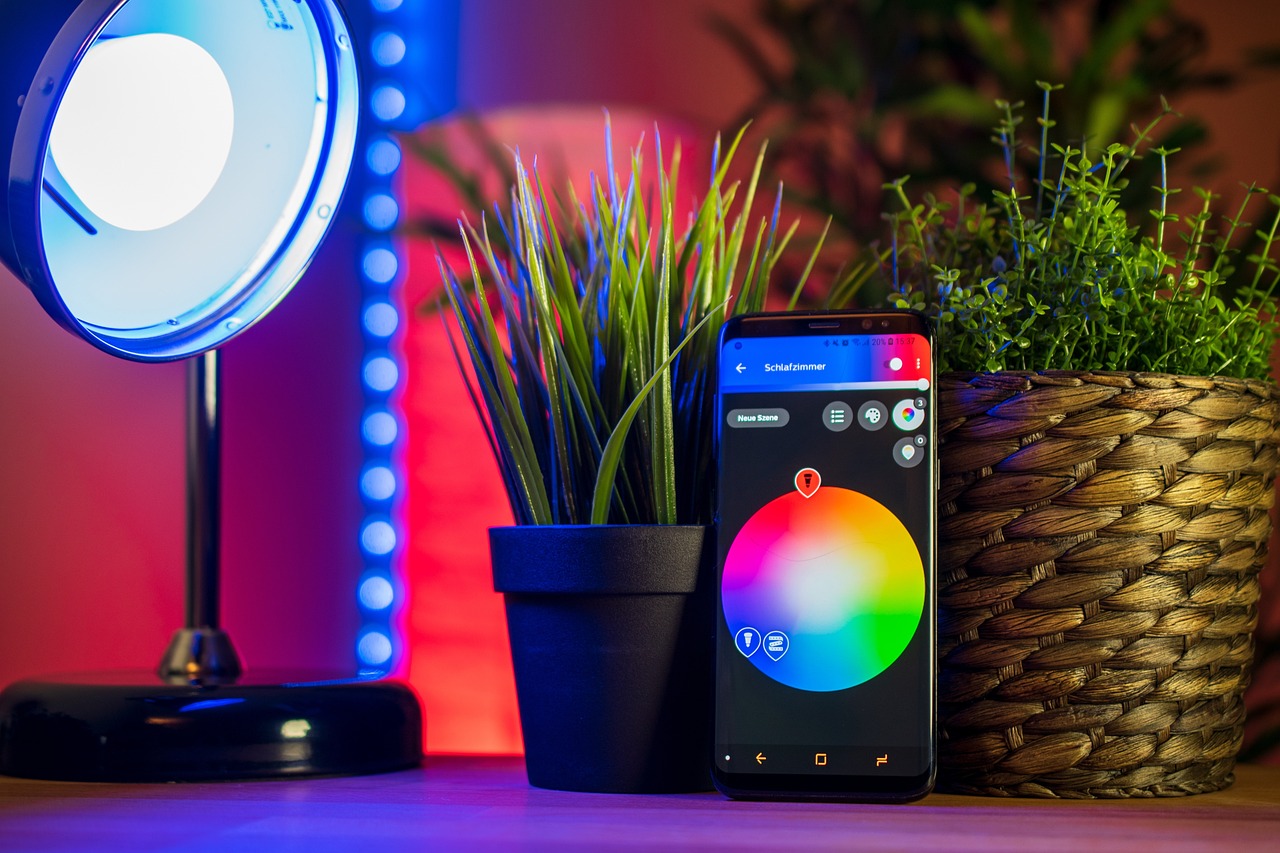Wearable Technology for Seniors: Improving Quality of Life
Wearable technology offers seniors a range of advantages that can enhance their quality of life. These devices can provide valuable health monitoring, allowing seniors to keep track of their vital signs and activity levels. By promoting an active lifestyle and encouraging physical activity, wearable technology can help seniors maintain their independence and overall well-being.
Furthermore, wearables can offer added safety and security features for seniors, such as GPS tracking and emergency alert systems. This can provide peace of mind for both the seniors and their caregivers, knowing that help can be easily summoned if needed. Overall, the benefits of wearable technology for seniors extend beyond just convenience, offering a sense of reassurance and support in their daily lives.
Challenges Faced by Seniors in Adopting Wearable Technology
Seniors often face challenges when it comes to adopting wearable technology. One common obstacle is the complexity of the devices themselves. Many seniors may find the operation of these gadgets confusing or overwhelming, especially if they are not familiar with technology in general. This can lead to frustration and a reluctance to use the devices regularly.
Another challenge seniors encounter is the cost associated with wearable technology. While these devices offer numerous benefits, they can be pricey, making them out of reach for some seniors on fixed incomes. The initial investment, as well as ongoing subscription fees or maintenance costs, can deter seniors from taking advantage of these helpful tools. Financial constraints can hinder seniors from accessing the latest advancements in wearable technology, limiting their ability to enjoy the full range of benefits these devices offer.
What are some benefits of wearable technology for seniors?
Wearable technology can help seniors track their fitness levels, monitor their health conditions, stay connected with loved ones, and receive emergency assistance when needed.
What are some challenges faced by seniors in adopting wearable technology?
Some challenges include learning how to use the technology, concerns about privacy and data security, issues with comfort and fit, and affordability.
How can seniors overcome the challenges of adopting wearable technology?
Seniors can overcome these challenges by seeking help from family members or tech-savvy friends, reading user guides and tutorials, setting privacy settings, ensuring the device is comfortable to wear, and looking for affordable options.
Are there specific types of wearable technology that are more suitable for seniors?
Yes, there are wearable devices designed specifically for seniors, such as smartwatches with health monitoring features, personal emergency response systems, and GPS trackers for seniors with dementia.
How can family members support seniors in adopting wearable technology?
Family members can support seniors by helping them choose the right device, providing assistance with setup and troubleshooting, encouraging them to use the technology regularly, and addressing any concerns about privacy or security.





